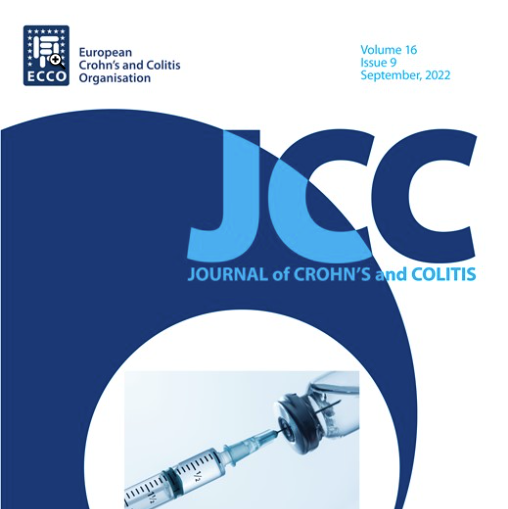Copied
Successful Dietary Therapy in Paediatric Crohn's Disease is Associated with Shifts in Bacterial Dysbiosis and Inflammatory Metabotype Towards Healthy Controls

Abstract
BACKGROUND AND AIMS: Nutritional therapy with the Crohn's Disease Exclusion Diet + Partial Enteral Nutrition [CDED+PEN] or Exclusive Enteral Nutrition [EEN] induces remission and reduces inflammation in mild-to-moderate paediatric Crohn's disease [CD]. We aimed to assess if reaching remission with nutritional therapy is mediated by correcting compositional or functional dysbiosis.METHODS: We assessed metagenome sequences, short chain fatty acids [SCFA] and bile acids [BA] in 54 paediatric CD patients reaching remission after nutritional therapy [with CDED + PEN or EEN] [NCT01728870], compared to 26 paediatric healthy controls.RESULTS: Successful dietary therapy decreased the relative abundance of Proteobacteria and increased Firmicutes towards healthy controls. CD patients possessed a mixture of two metabotypes [M1 and M2], whereas all healthy controls had metabotype M1. M1 was characterised by high Bacteroidetes and Firmicutes, low Proteobacteria, and higher SCFA synthesis pathways, and M2 was associated with high Proteobacteria and genes involved in SCFA degradation. M1 contribution increased during diet: 48%, 63%, up to 74% [Weeks 0, 6, 12, respectively.]. By Week 12, genera from Proteobacteria reached relative abundance levels of healthy controls with the exception of E. coli. Despite an increase in SCFA synthesis pathways, remission was not associated with increased SCFAs. Primary BA decreased with EEN but not with CDED+PEN, and secondary BA did not change during diet.CONCLUSION: Successful dietary therapy induced correction of both compositional and functional dysbiosis. However, 12 weeks of diet was not enough to achieve complete correction of dysbiosis. Our data suggests that composition and metabotype are important and change quickly during the early clinical response to dietary intervention. Correction of dysbiosis may therefore be an important future treatment goal for CD.
Details
Title
Successful Dietary Therapy in Paediatric Crohn's Disease is Associated with Shifts in Bacterial Dysbiosis and Inflammatory Metabotype Towards Healthy Controls
Type of Article
Primary Research
Diets studied
CDED
Date
September 15, 2022
Author(s)
Verburgt CM, et al.
Publication
Journal of Crohn's & Colitis
Citation
Verburgt, C. M., Dunn, K. A., Ghiboub, M., Lewis, J. D., Wine, E., Sigall Boneh, R., Gerasimidis, K., Shamir, R., Penny, S., Pinto, D. M., Cohen, A., Bjorndahl, P., Svolos, V., Bielawski, J. P., Benninga, M. A., de Jonge, W. J., & Van Limbergen, J. E. (2022). Successful Dietary Therapy in Paediatric Crohn’s Disease is Associated with Shifts in Bacterial Dysbiosis and Inflammatory Metabotype Towards Healthy Controls. Journal of Crohn’s & Colitis, jjac105. https://doi.org/10.1093/ecco-jcc/jjac105
ISSN Number
1876-4479
Volume
Pages
jjac105
Successful dietary therapy induced correction of both compositional and functional dysbiosis. However, 12 weeks of diet was not enough to achieve complete correction of dysbiosis.




Support our Mission
Your donation will help us to enhance the well-being and health outcomes of patients with IBD.
Donate Donate
Donate